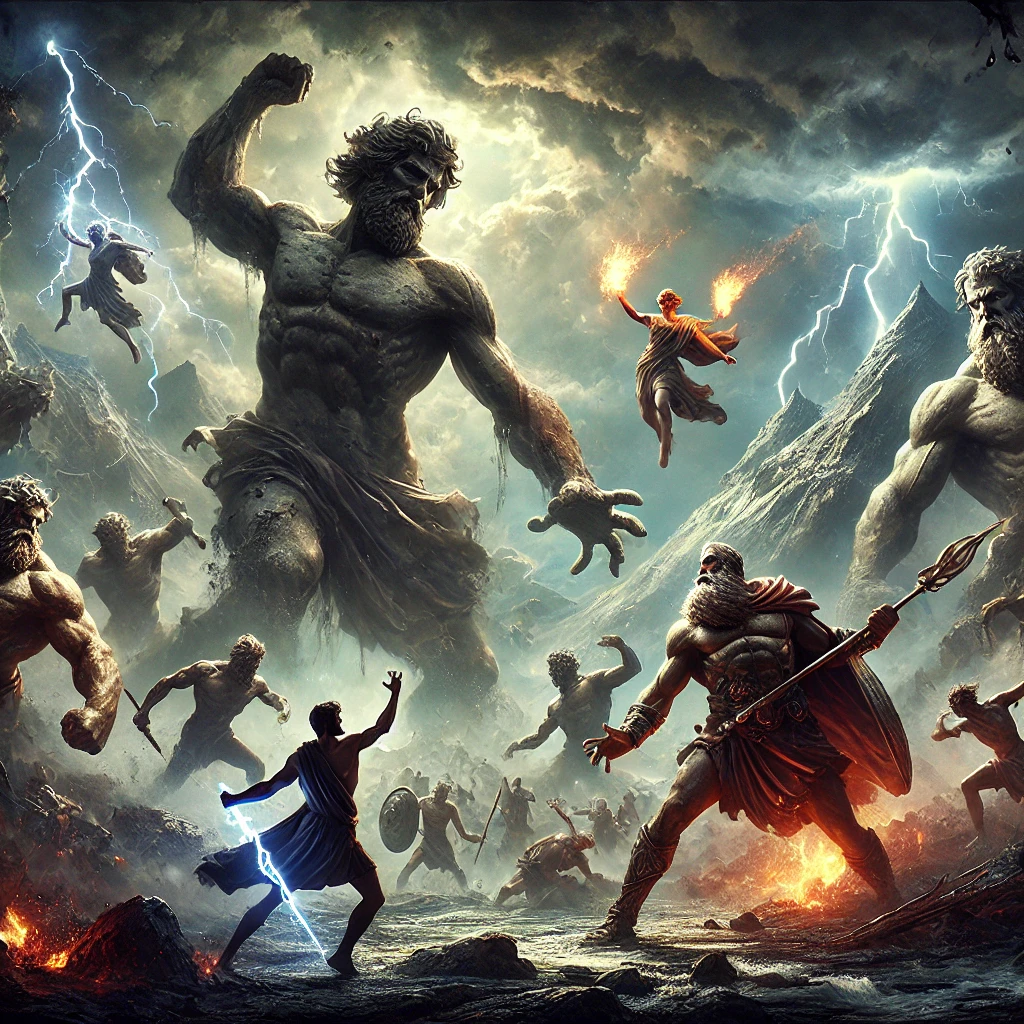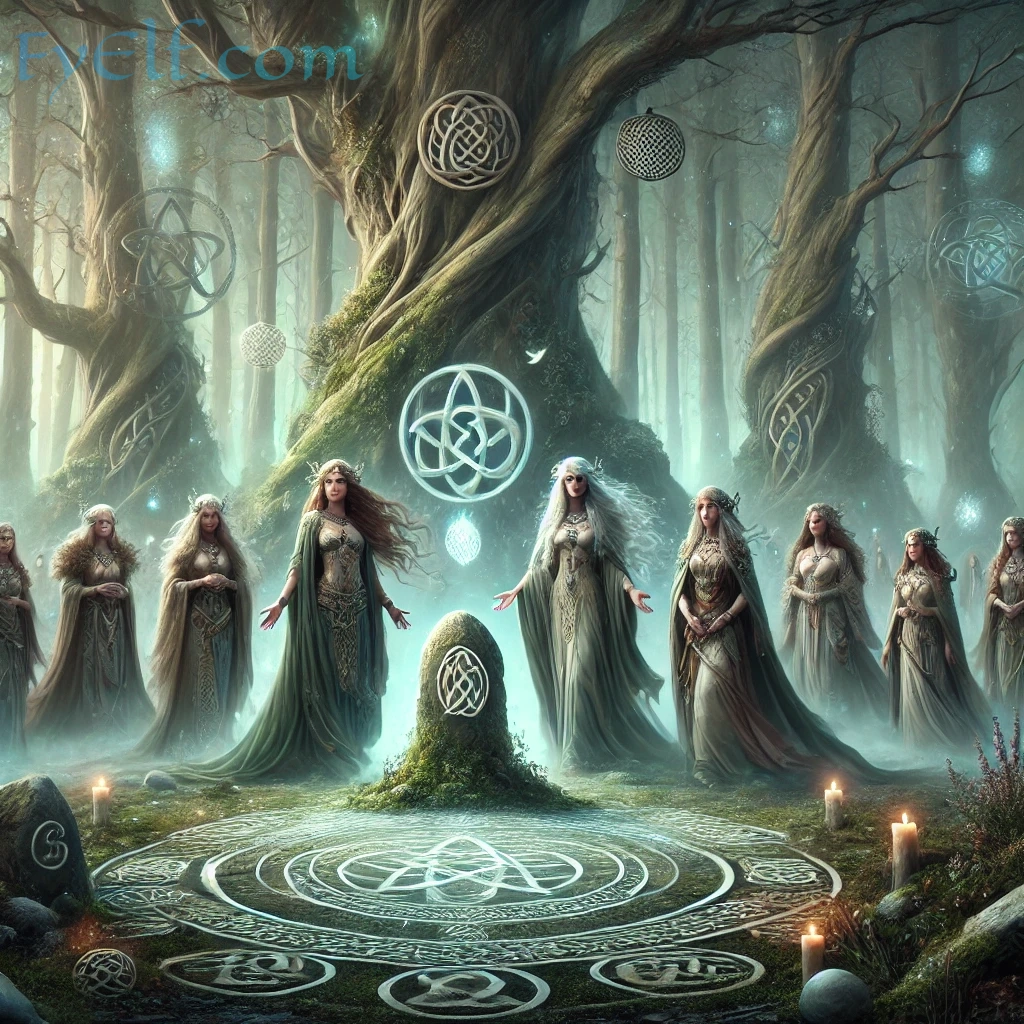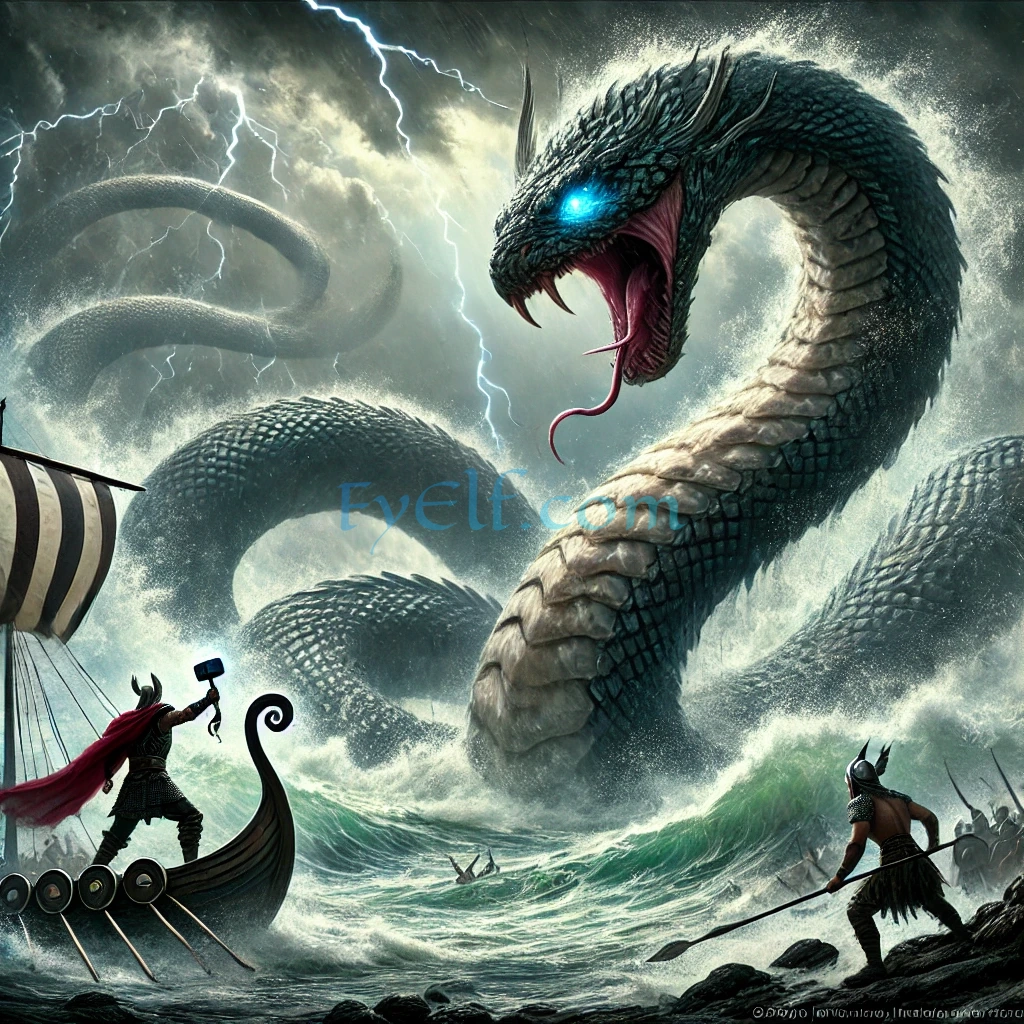In Greek mythology, the Titans were the primordial gods who ruled the cosmos before being overthrown by the Olympian gods. These powerful beings were the children of Uranus (the Sky) and Gaia (the Earth), representing the elemental forces of the universe. Their story is one of both creation and destruction, as they waged a fierce battle against their offspring, the Olympian gods, in a conflict known as the Titanomachy.
The Origins of the Titans
The twelve Titans, led by Cronus, were the first rulers of the universe. Some of the most notable Titans include:
- Oceanus: God of the great river encircling the earth.
- Hyperion: The Titan of light.
- Themis: The embodiment of divine order and justice.
Their reign was relatively peaceful until Cronus, who had overthrown his own father Uranus, heard a prophecy that he, too, would be overthrown by one of his children. To prevent this, he swallowed each of his offspring at birth—until Zeus was hidden away by his mother, Rhea.
The Titanomachy: Battle of the Titans

The battle between the Titans and the Olympians, known as the Titanomachy, was a ten-year-long war that shaped the fate of the cosmos. Zeus, along with his siblings Hades, Poseidon, Hera, and Demeter, led the charge against Cronus and the Titans. With the help of the powerful Cyclopes and Hecatoncheires (hundred-handed giants), the Olympians finally triumphed, banishing the Titans to Tartarus, a deep abyss in the underworld.
This epic struggle between two generations of gods highlights the recurring theme in Greek mythology: the cycle of succession and the inevitable conflict between the old and the new.
The Legacy of the Titans
Though defeated, the legacy of the Titans endures. They represent the raw, untamed forces of nature that predate the structured order of the Olympians. Even after their fall, the Titans’ influence can still be felt in the myths of ancient Greece, where they are often invoked as symbols of immense power and ancient wisdom.
Conclusion
The Titans of Greek mythology remain some of the most fascinating figures in the ancient world. Their story of rebellion, downfall, and lasting legacy continues to inspire interest in the complex relationships between gods and the forces of nature they represent. As the predecessors of the Olympians, the Titans remind us of the enduring power struggles that shape not just myth, but the very essence of existence.




